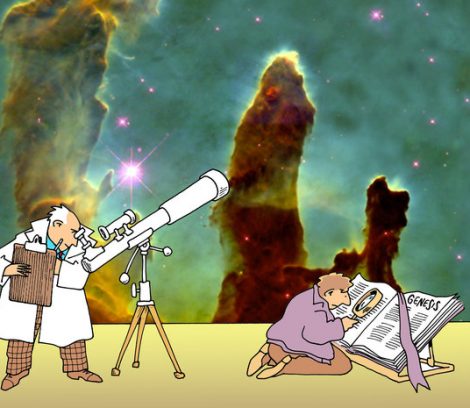
How God Sees Us?
In this country, because of the pervasiveness and power of social media, people who are relatively unknown can suddenly become media stars.
That’s the case with America’s Youth Poet Laureate Amanda Gorman, age 22, who at the recent presidential inauguration recited a poem about what it means to be America and American. She has been interviewed by practically everyone, and is scheduled to recite a poem at the Super Bowl, of all unexpected places. The inaugural poem itself was wonderful, in my esteem, but the way she recited it was also remarkable in its expressiveness.
More than any of the lines of the poem, this optimistic observation struck me. Apparently talking about an America that has been battered by a deadly pandemic and perhaps even deadlier division, she said, “We are not broken but simply unfinished.”
This statement, coming from a young African-American woman, appears to me to be generous. I wonder how many Americans would agree, considering that, evidenced by recent and not so recent events, America appears to be nearly as racist as ever.
Simple but Profound
“Not broken but simply unfinished” is simple but profound. And it occurred to me that that undoubtedly is how God looks at us, as a group and as individuals. We’re simply unfinished.
The Hebrew Bible is filled with stories about how the ancient Jews ignored God’s love and how he continually tried to bring them back. And the gospels, and other books of the Christian Bible, take up that theme. We have never been “finished.”
Although the authors of the Bible, speaking as we humans speak and act, portrayed God as being impatient at times and often punishing his people for their indifference and even hostility, he was usually portrayed as repenting of his actions. His love wouldn’t allow him to abandon his people, who were not broken, “just unfinished.”
Christian biblical authors began to see everyone as God’s people after the Hebrew Bible hinted at this view. But like the ancient Hebrews, the Church’s history is filled with unfaithfulness – Christians exhibiting their “unfinished” status.
Incomplete and Unfulfilled
Those of us searching for God – especially those who have given up on God and/or religion – should recognize that we are incomplete and unfulfilled. Though modern psychology may not agree, only God can complete us, in my view.
The Apostle Paul and his associate, Timothy, wrote to the Christian converts in the ancient Greek city of Philippi that the two were thankful for the Philippians’ partnership in spreading the gospel, and that they were “sure that he who began a good work in you will bring it to completion….”
This completion promises happiness. Many of us say to ourselves that we will be happy when certain conditions are filled – after we get that raise, when we can move to another place, when we’re not so busy with making a living. But the happiness promised by faith is one that isn’t dependent on the right stuff or the right time or place, or even on us.
Peace Guarantees Happiness
Once we establish a relationship with God, and begin to grow into it, we experience “the peace that surpasses all understanding,” as that same letter to the Philippians says. And peace guarantees happiness.
Peace, of course, is not just the absence of conflict or problems. As humans, we’ll always have them and some may never go away. But once we begin to experience God as loving father – as Jesus always refers to him – or mother, or just parent, everything changes. Whatever happens, our father/mother is always with us.
There’s a certain comfort in thinking about humans as “unfinished,” as Amanda Gorman suggests. It means that, with all our doubt and indifference, there’s hope for us yet.




